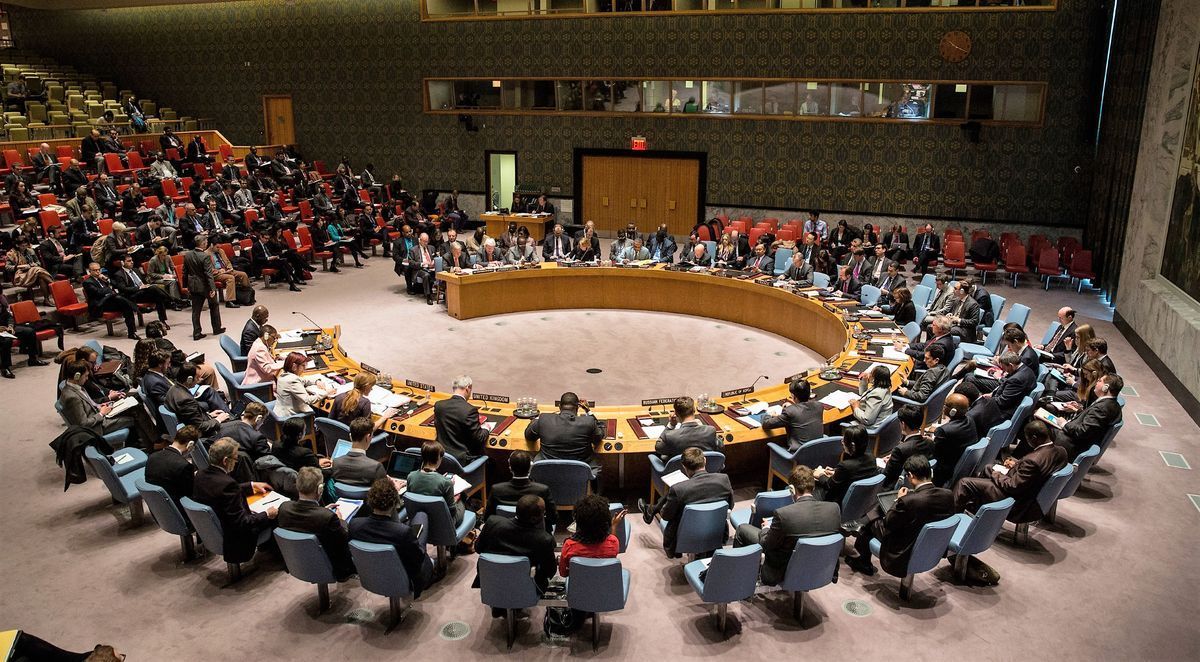
With 14 votes in favour and one abstention (Egypt), the resolution welcomed progress made towards universalization of the Treaty, noting that 183 States have signed the Treaty and 166 States have deposited their instruments of ratification, the UN News Center wrote.
"Stressing the vital importance and urgency of achieving the early entry into force of the Treaty, the Security Council, by the terms of the resolution, urged all States that have either not signed or not ratified the Treaty – particularly the eight remaining Annex 2 States – to do so without further delay," a statement read.
The Comprehensive Nuclear-Test-Ban Treaty bans all nuclear explosions for both civilian and military purposes. Adopted by the UN General Assembly under resolution 50 (1996), the Treaty will enter into force 180 days after the date of deposit of the instruments of ratification by all States listed in its Annex 2.
Of the 44 States included in Annex 2, all have signed with the exceptions of the Democratic People's Republic of Korea, India and Pakistan. Five of the 44 Annex 2 States have signed but not ratified the Treaty: China, Egypt, Iran, Israel and the United States, according to the report.
Further, the Security Council called on all states to refrain from conducting any nuclear-weapon test explosion or any other nuclear explosion, and to maintain their moratoria in that regard, and to provide the required support to enable the Preparatory Commission for the Comprehensive Nuclear-Test-Ban Treaty Organization to complete all of its tasks in the most efficient and cost-effective way.
In addition, the Council affirmed that the Treaty's entry into force will contribute to the enhancement of international peace and security through its effective prevention of the proliferation of nuclear weapons and through its contribution to nuclear disarmament.

